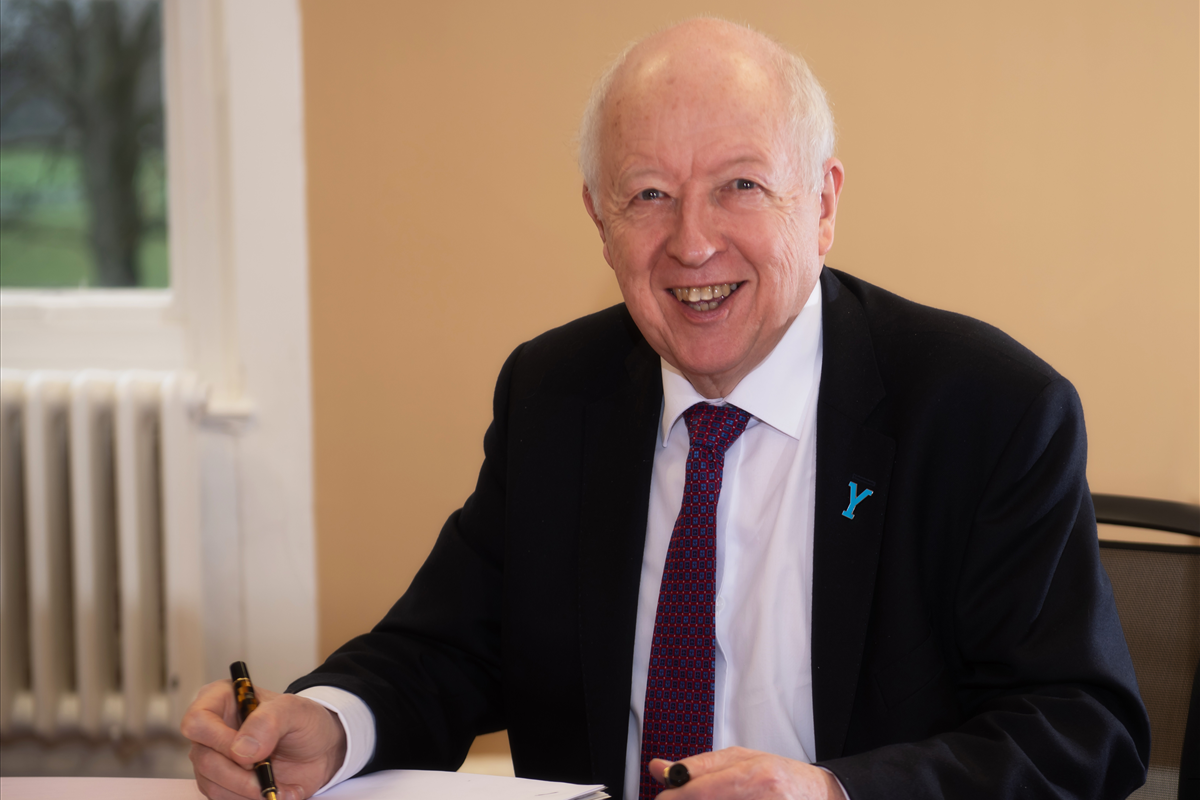
The leader of North Yorkshire Council has urged the Government to ensure fair levels of funding are provided to support vital services amid concerns that rural authorities could be hit particularly hard by the Chancellor’s spending plans.
Cllr Carl Les has met with the Minister responsible for local government and English devolution, Jim McMahon, to highlight the growing fears over the impact that impending funding reforms nationally will have on North Yorkshire Council’s budgets.
North Yorkshire Council was handed one of the worst funding deals nationally for the current financial year, which has left the authority with an unexpected multi-million pound shortfall.
And ahead of Chancellor Rachel Reeves’ comprehensive spending review announcement on Wednesday (June 11), Cllr Les negotiated the online meeting with Mr McMahon to spell out the very specific challenges faced in North Yorkshire.
The review will set out the broad financial plans for how the Government intends to spend about £600 billion over the next few years, including how much funding will be allocated for councils.
Reforms of local government funding are then expected to be announced later this year, with deprivation being one of the key drivers for how much money is allocated to local authorities nationally.
This has prompted concerns that money could be diverted away from rural counties to more densely populated towns and cities.
Cllr Les said:
“This was an important opportunity to highlight the biggest financial pressures we are facing to provide services across England’s largest county to the Minister.
“North Yorkshire is a vast rural area which presents very real challenges with the cost of delivering the services we provide to our communities.
“I am very grateful that the Minister agreed to the meeting, but I would urge the Government to ensure that there is a fair funding deal for all councils across the country.
“I stressed that while deprivation has to be tackled, this cannot be at the expense of local authorities covering large rural areas where funding pressures are especially acute due to cost of delivering services.
“The Government needs to understand that the majority of our services including social care and home to school transport are based on an assessment of eligibility. These assessments involve a range of factors which do not necessarily include deprivation as one of them.”
The council says it has already been hit by an unexpected funding shortfall of almost £22 million following increases in National Insurance employer contributions along with the Government’s decision to scrap a multi-million pound grant for local authorities covering rural areas.
The council has also been given the fourth worst core funding settlement in the country of all unitary, London borough, metropolitan and county councils - the other three local authorities also cover large rural areas in Herefordshire, Rutland and Shropshire.
Core spending power is a measure of the resources which are available to local authorities to fund essential services ranging from waste collection and recycling to social care and highways maintenance.
The biggest funding pressures in North Yorkshire for this financial year have come about because of the loss of the rural services delivery grant as well as the unfunded rising costs of National Insurance contributions.
North Yorkshire Council received the greatest share nationally of the rural services delivery grant with £14.3 million in funding each year.
The £110 million package of funding for councils covering rural parts of England was a recognition from Westminster of the challenges of providing services.
The financial pressures have been compounded by the unrelenting demand for care of older people, working age adults, and children and young people.
Each hour of social care in North Yorkshire’s rural communities can cost £5 more than in other parts of the country because of the travel costs and the longer journey times between clients.
The council purchases more than two million hours of care for people in their homes each year.
The council also spends more than £50 million each year on home to school transport and says that policy has had to be revised after costs have more than doubled since 2018/19 when it was last reviewed.
Once all aspects of this financial year’s local government settlement are taken into account with some funding increases in specific grants along with the rise in council tax, the council says it is still left with a £5 million shortfall, which is having to be covered by financial reserves.
Following the launch of North Yorkshire Council in April 2023, a plan has been drawn up to achieve more than £60 million in further savings after bringing the county’s previous eight local authorities into one organisation – although this has still left a predicted £34 million annual deficit by March 31, 2028.
But these predictions do not take into account any changes in funding levels that will emerge following the announcement of the Chancellor’s spending review or the impending reforms of local government funding.



 Scarborough Athletic Stunned By Minnows in Senior Cup
Scarborough Athletic Stunned By Minnows in Senior Cup
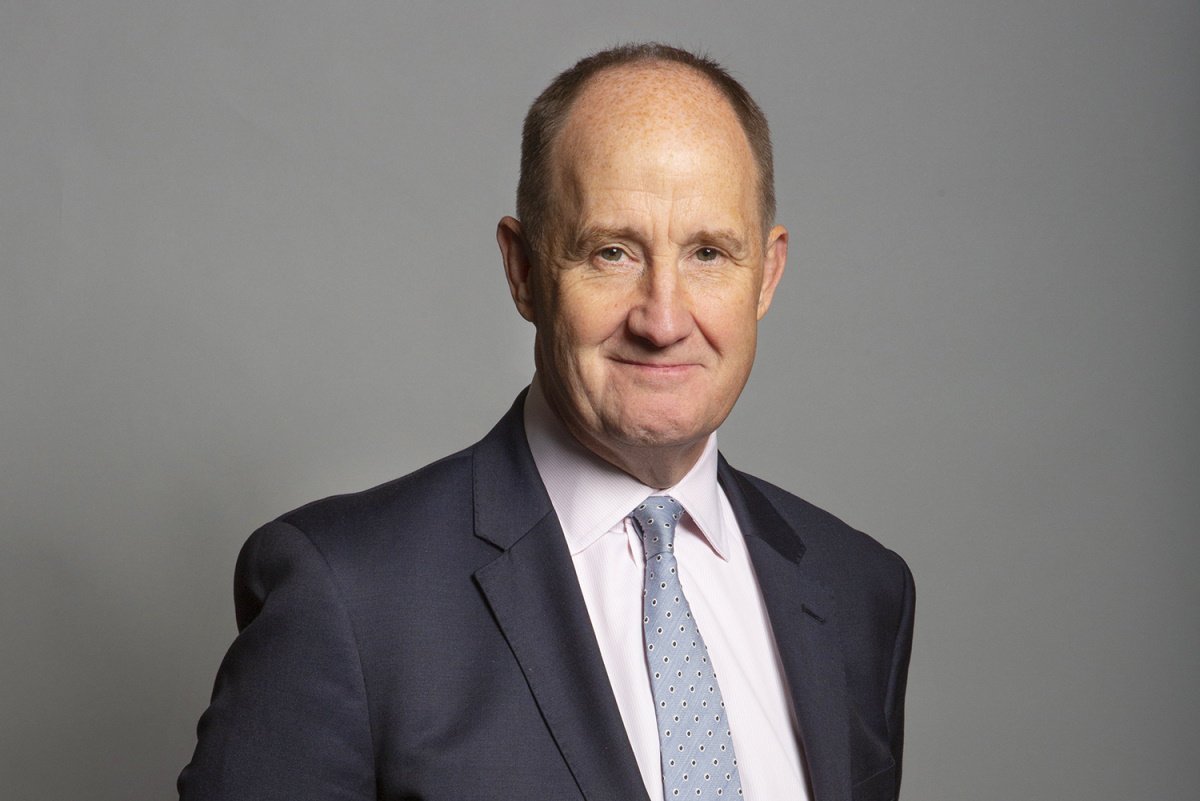 Pickering and Filey MP Criticises Government for ‘Unfair’ Rural Funding Settlement
Pickering and Filey MP Criticises Government for ‘Unfair’ Rural Funding Settlement
 East Riding to Introduce Weekly Food Waste Collections Amid Long-Term Funding Fears
East Riding to Introduce Weekly Food Waste Collections Amid Long-Term Funding Fears
 Whitby Town Again Hit By Second Half Slaughter
Whitby Town Again Hit By Second Half Slaughter
 Eastfield Boxing Club Film to Get Scarborough Premiere
Eastfield Boxing Club Film to Get Scarborough Premiere
 Scarborough Café and Flat Plans Opposed by Town Councillors
Scarborough Café and Flat Plans Opposed by Town Councillors
 Bridlington Town Beaten Again Despite Improved Showing
Bridlington Town Beaten Again Despite Improved Showing
 Scarborough Chip Shop's Alcohol Bid Approved Despite Concerns
Scarborough Chip Shop's Alcohol Bid Approved Despite Concerns
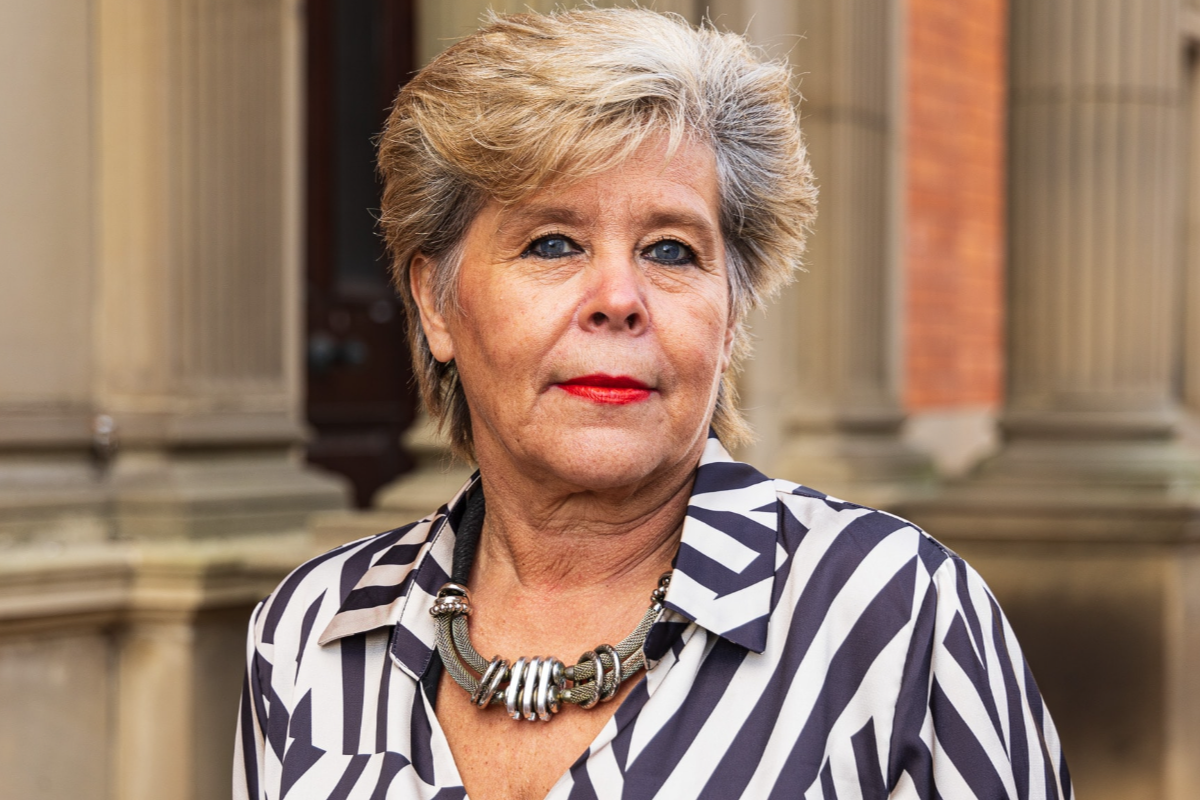 East Riding Leaders Sound Alarm Over Government's 'Fairer Funding' Review
East Riding Leaders Sound Alarm Over Government's 'Fairer Funding' Review
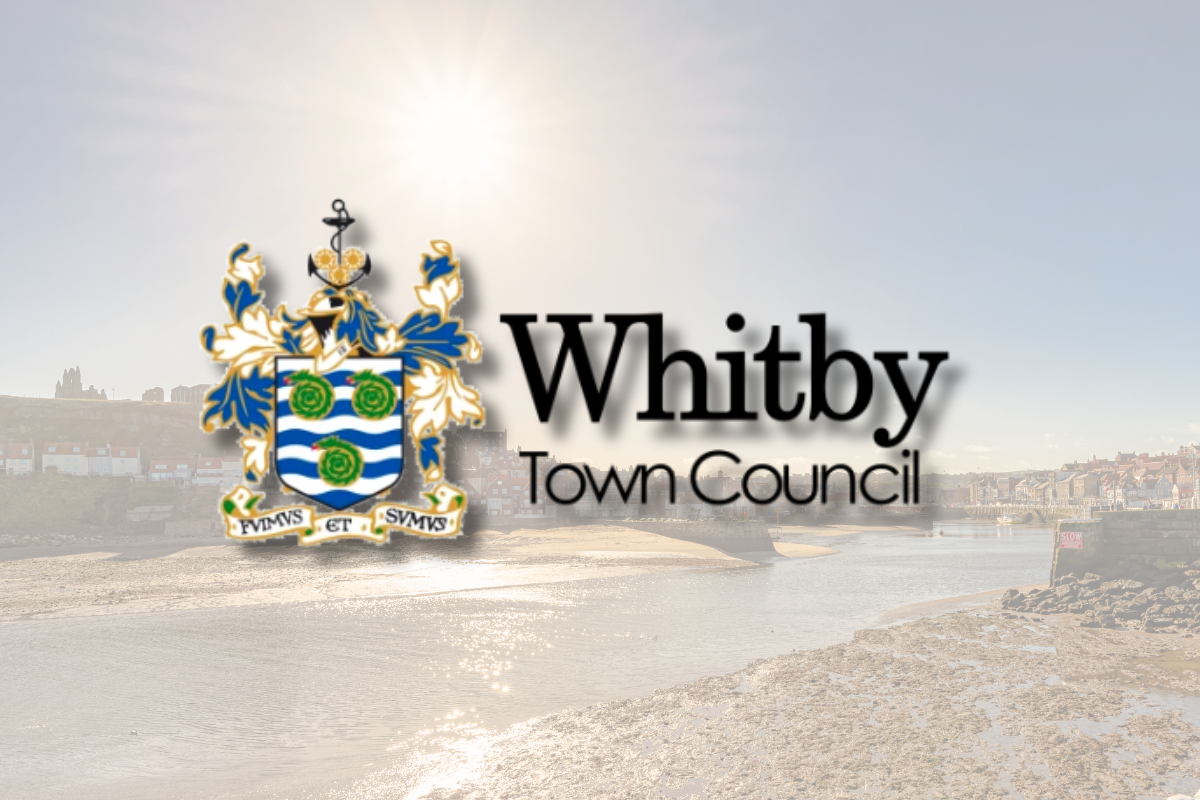 Precept Increase Proposed for Whitby Residents in Draft Budget
Precept Increase Proposed for Whitby Residents in Draft Budget
 North York Moors Park Authority Agrees Move to New £4m HQ
North York Moors Park Authority Agrees Move to New £4m HQ








Comments
Add a comment